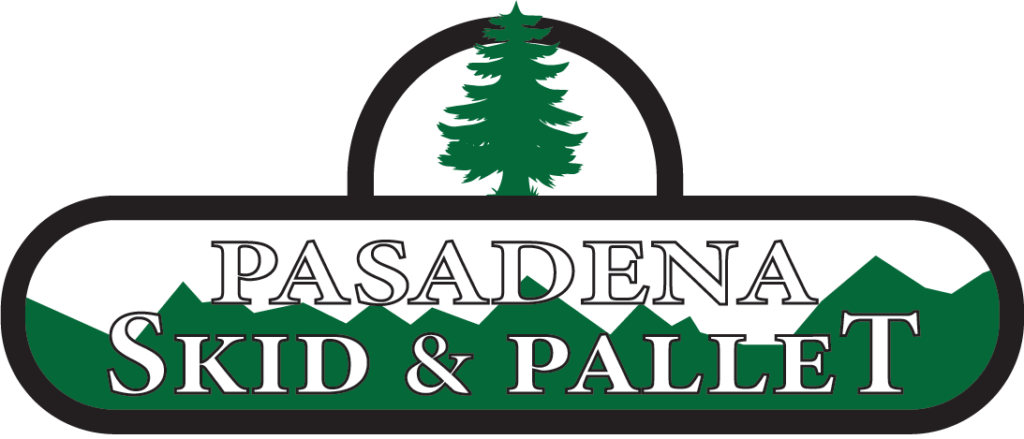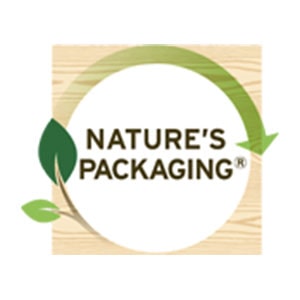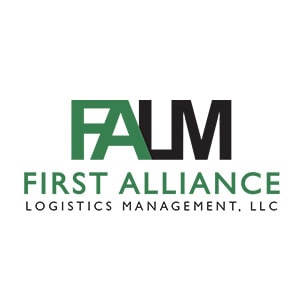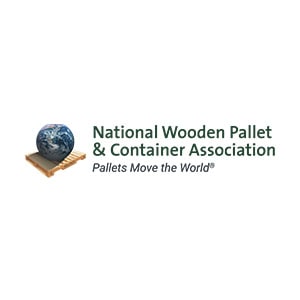Are Wooden Pallets Safe For Transporting Food?

Pallets are extremely important. They are used to ship food and beverage products or any other goods.
The requirements for shipping pallets are unique and many manufacturers demand that pallets are of high quality for packaging and transportation.
Using wooden pallets for the food industry has come under scrutiny for some years from consumers and from the supply decision-makers.
Wood or Plastic?
It has also been refuted that the coarse surfaces of wooden pallets are more susceptible to microbial contamination.
However, there has been evidence to show that wear on plastic pallets which are a common feature of re-used plastic pallets are ideal for bacterial growth.
Therefore, wood has certain hygienic properties that in turn prevent micro-organisms from spreading.
When used properly, wooden pallets have an antibacterial property that is thirteen times more than plastic pallets.
It is, therefore, safe to conclude that the use of wooden pallets for raw materials, or any other products are suitable for use in food processing and transport.
However, the use of pallets for transport on raw materials and other food products requires strict adherence to the hygiene regulations and standards that apply to the transport, production, and storage of food materials. This includes continuous control of pallet quality and regular cleaning.
Whether or not you decide to use wooden pallets for your supply chain, there is a couple of safety concerns to consider.
If you do decide to use wooden pallets for your food industry then find out how to safely manage their handling to ensure that there are no contaminants.
Can The Use of Wooden Pallets Cause Food Contamination?
There has not been any evidence related to the use of wood pallets causing food-borne illnesses.
Research suggests that wood pallets are safer than plastic or any other alternatives because non-absorbent material pallets leave contaminants on the surface of the pallet posing a greater risk of cross-contamination than contaminants being absorbed into wooden pallets.
How Can Wooden Pallets Be Contaminated?
Wet wooden pallets that have reached the fiber saturation point will not be absorbed. They will also be vulnerable to mold.
There was a pallet company from a couple of years ago that analyzed their wood pallets and found evidence of Listeria, bacteria, and other harmful contaminants. This had sparked a chord with the media and the public which had a fear of potential food contamination.
Therefore, if the wooden pallets had not been properly stored, they will run a greater risk of contamination.
How to Eliminate Splinters in Wood Pallets
It may not be possible for a lot of food companies to eliminate wooden pallets in their production site. So control measures are implemented to avoid contamination of the finished product and raw materials.
The most common measures to control splinters from wooden pallets include:
- Rotating regularly
- Inspecting & removing damaged wooden pallets.
- Keeping Wooden pallets dry at all times
- Sanitizing wooden pallets
- Putting a robust barrier layer between the wooden pallet and food product or raw material.
Ensure that your wooden pallets are safe to use by regularly reviewing, assessing, and practicing daily, weekly, or monthly checks to ensure that it is safe to use on raw materials or any products it comes in contact with.
Should Food Be in Direct Contact With Wooden Pallets?
The safety of having food products in direct contact with wooden pallets has been debated. There has also been a successful use of frozen bar sticks, wood cutting boards, wooden spoons, and more. There has also been a debate that wood is porous so it will be harder to sanitize.
To ensure any contaminants, food works best when its packaged inside a box rather than in direct contact with food.
When Food safety auditors are not concerned with food, they are most interested in pallets that are dry, clean, and in good repair so that the pallet will not puncture or protrude any nail heads or splinters.
The Food Safety Modernization Act
The Food Safety Modernization Act requires that all pallets should not contaminate food. However, this does not imply to pallets that are not in direct contact or are sanitized.
The British Retail Consortium (BRC) Global Standard for Packaging and Packaging Materials state:
- All pallets shall be checked for damage and contaminants.
- All Unacceptable pallets shall be discarded.
- Any wooden pallet that comes into contact with finished products or raw materials will be discarded and not allowed to contaminate the product.
- Wooden pallets shall be sound, dry clean, and free from damage and contamination.
The FSMA requires that the vehicle transporting food is designed to not cause any contamination or for the food to become unsafe for consumption.
Temperature controls and procedures to prevent cross-contamination of food must be implemented, developed, and followed. Contamination between ready to eat food and raw food is to be prevented. Food that is a potential allergen must not be transported in the same load as the food that is manufactured to be free of that allergen.
Employee training and carrier training should have training in sanitary transport practices. This training applies to when the carrier and shipper agree that the carrier is responsible for the safety of the food.
The FSMA implements sanitary practices to both the food carriers, manufacturers, and processors.
The FSMA states that Procedures, agreements, and training should be documented and records should be maintained. The length of time will vary depending on the record and when the activity occurred.
Pallet suppliers are now developing processes to ensure that pallets are kept clean and dry until they are delivered to the customer. They are also advised to follow a process just to ensure that the wooden pallets are safe and undergo handling and inspection.
Alternatives to Wooden Pallets
Customers are concerned with wooden pallets contaminating their food supply and are looking for a lower risk of contamination. Some are looking for high-quality plastic or non-wood pallets just to make sure their food supply does not come into any contaminants.
However, wooden pallets have not had any evidence of food contamination and are safer to use in contact with food than any other non-wooden pallet.










Leave a Reply